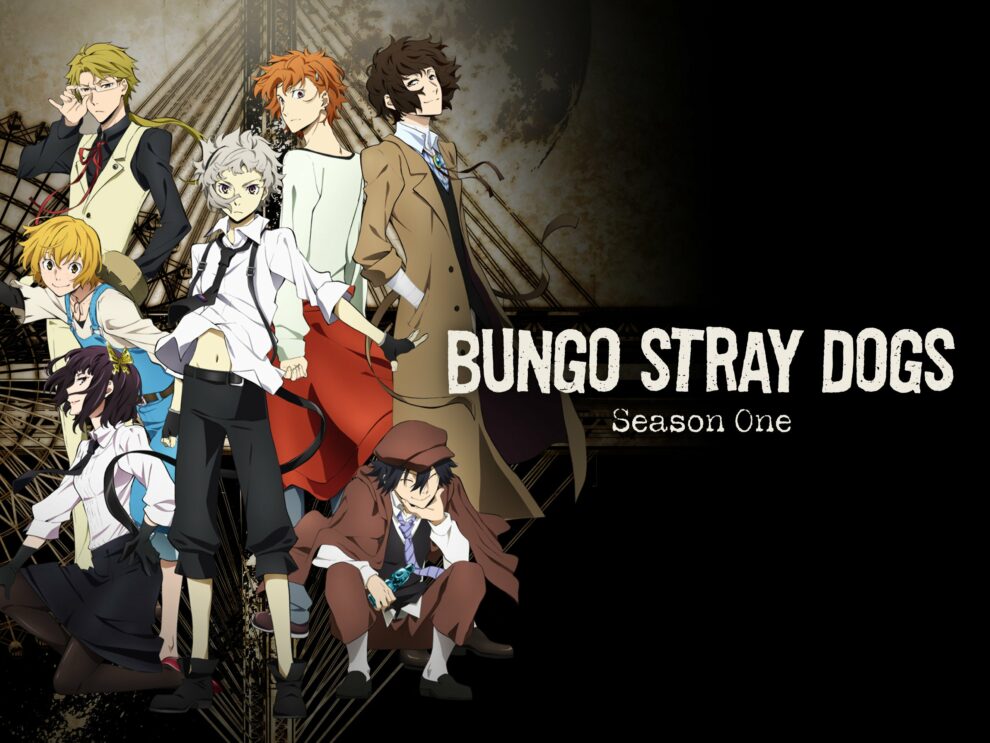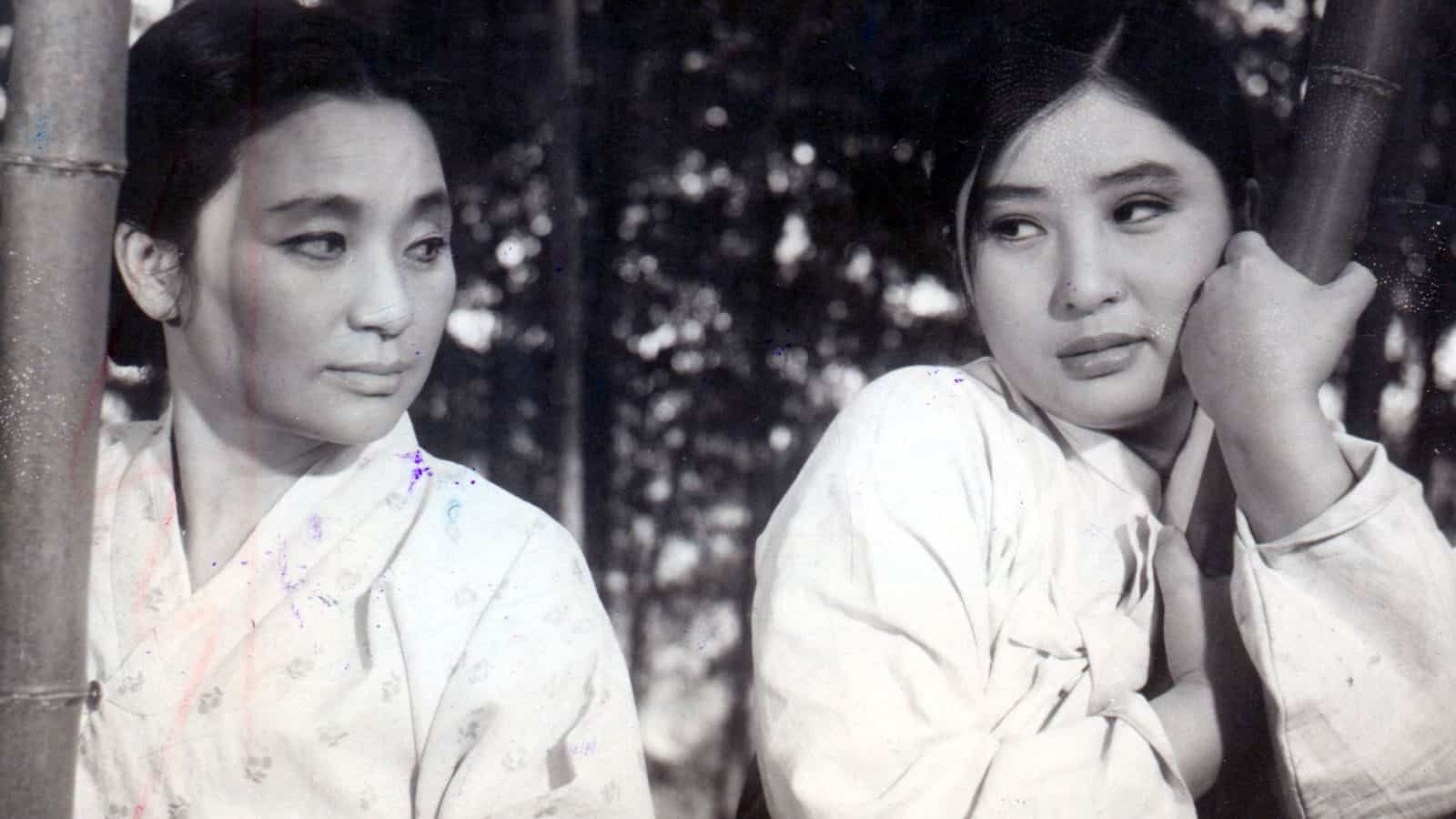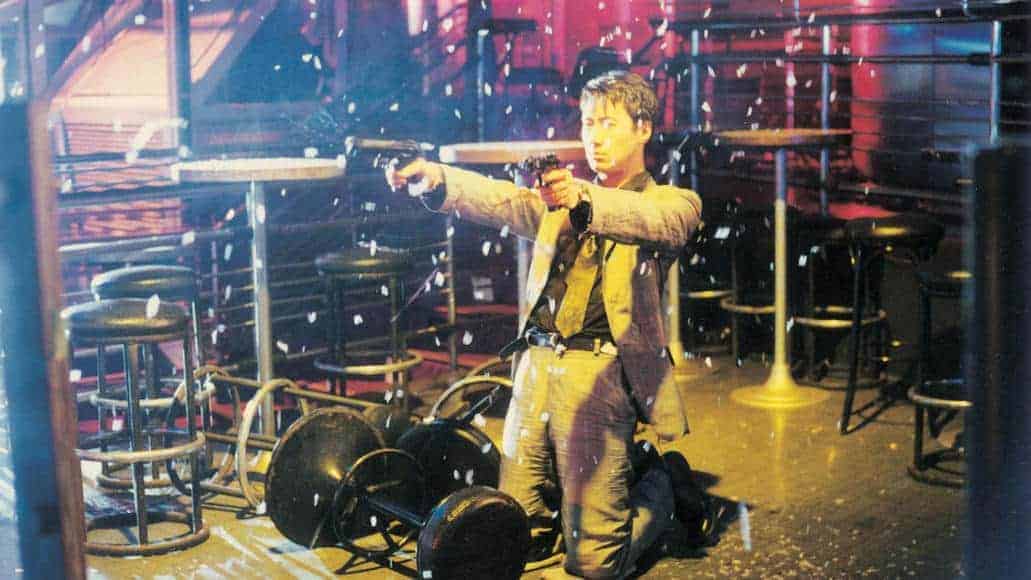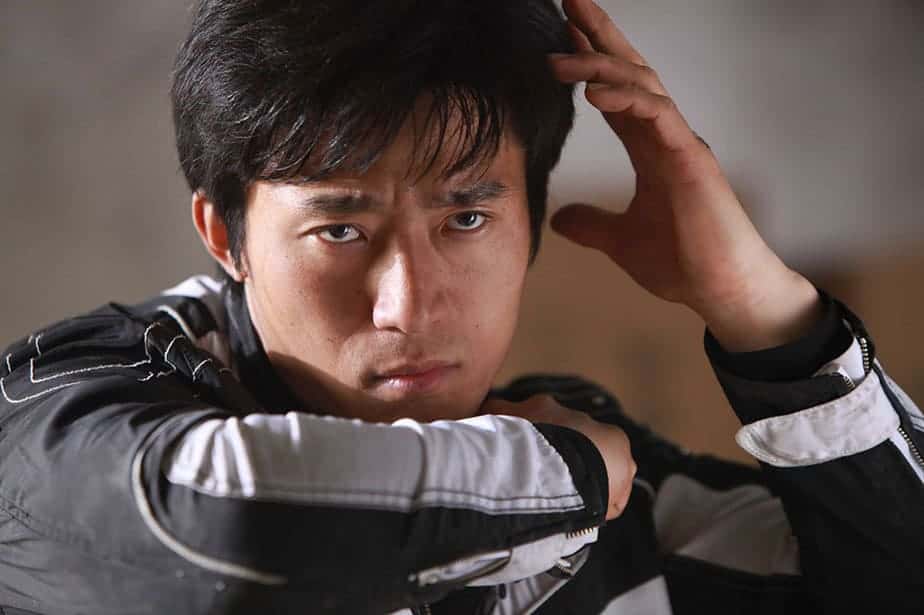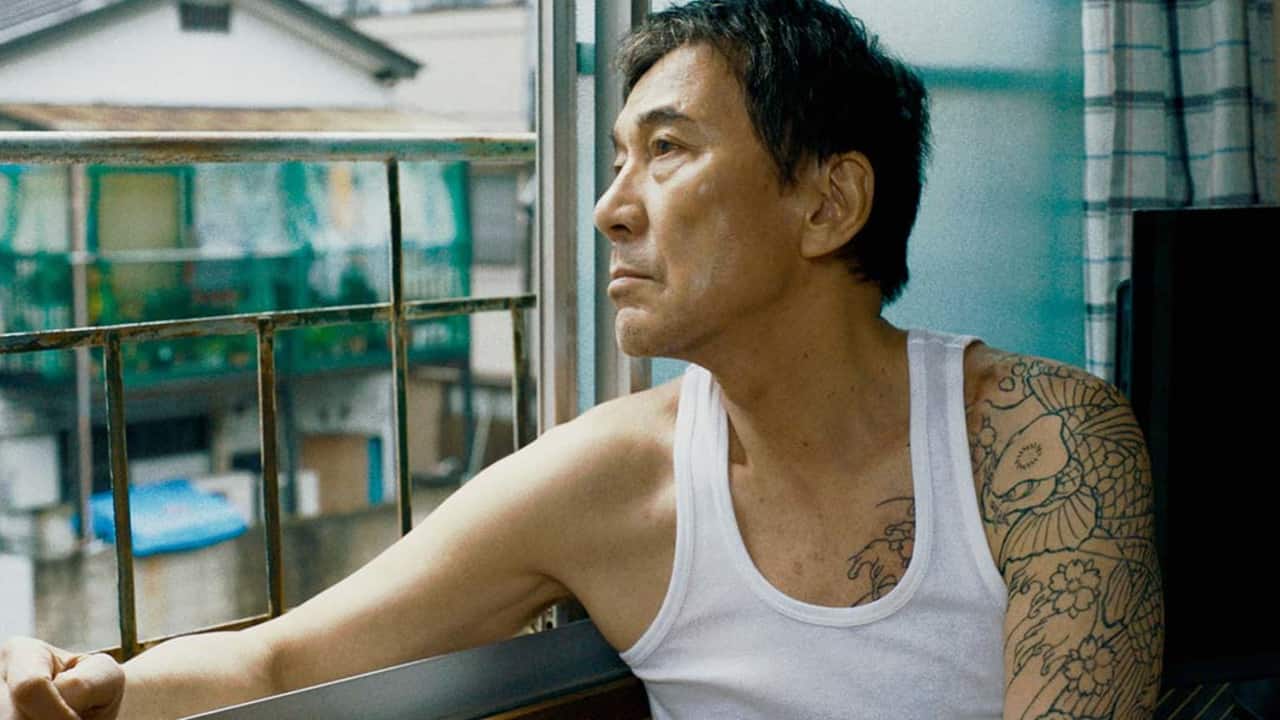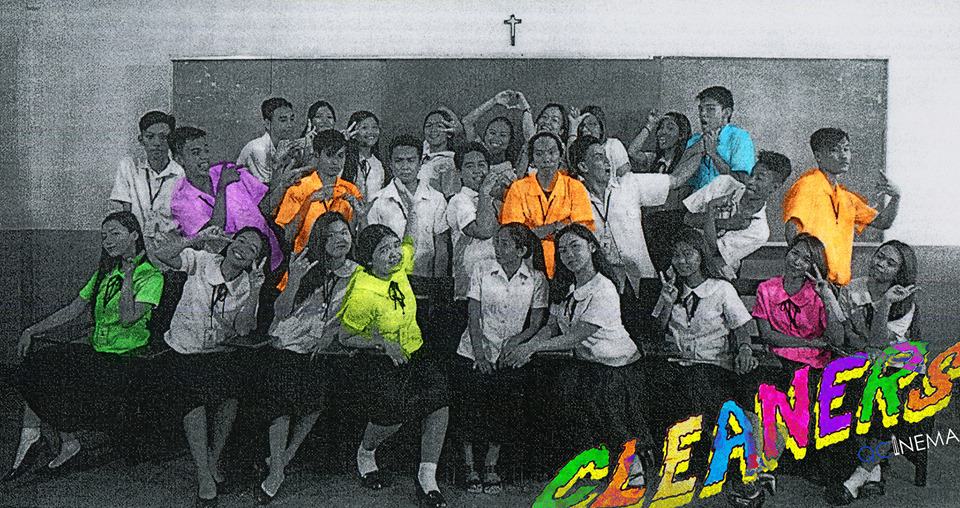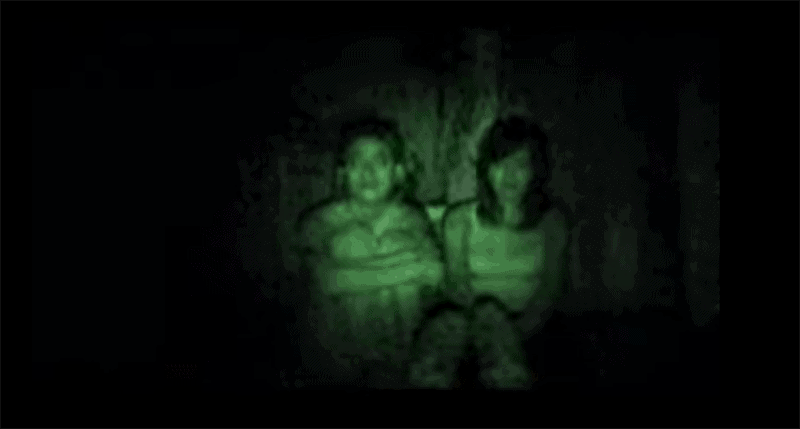Based on the homonymous manga written by Kafka Asagiri and illustrated by Sango Harukawa, “Bungo Stray Dogs” is a rather intriguing series that combines elements of action, the supernatural, comedy, detective stories and literature in a very entertaining package.
Watch This Title on Crunchyroll
by clicking on the image below
The story follows Atsushi Nakahima, an orphan who finds himself homeless and starving on the streets of Yokohama. One day, Atsushi encounters Osamu Dazai, a suicidal young man who eventually introduces him to a group of individuals, all of which have names in the same path, including Ranpo Edogawa and Junichiro Tanizaki. They also happen to be members of the Armed Detective Agency, a group of detectives with supernatural abilities who handle cases involving dangerous and otherworldly criminals. Atsushi quickly learns that he possesses a unique ability called “Beast Beneath the Moonlight,” which grants him immense strength in the form of a weretiger. After many trials and tribulations, he becomes a member of the group, although it is soon revealed that the local mafia, headed by Ryonosuke Akutagawa, also have their eyes on him, for reasons initially unknown. As the office handles more and more cases, a number of secrets are revealed regarding its members, as much as that the local mafia is not exactly the biggest foe they have to face.
Evidently, the element that makes the series stand out is the literary aspect, and how Takuya Igarashi plays with the characters of the series and the actual people they are based (?) on. For example Osamu Dazai is obsessed with committing suicide, and eventually with committing double suicide, which is how the actual author died. Edogawa Ranpo has no special powers but is a genius in observing and deducting, which actually makes him the best detective in the agency, while the actual author was a specialist of mystery and detective stories. Ryonosuke Akutagawa's special power is “Rashomon”, while the script of Kurosawa's film is based on a short story by the actual Akutagawa. The literary references continue throughout the series, in a rather appealing element which also “challenges” the viewer to search more on the real-life authors the protagonists are drawn upon. Also of note is the fact that a number of info, names etc, appear on screen through vertical scroll, which gives an additional literary hypostasis to the series.
Apart from that, the season follows the regular path of shonen/action anime, with a number of “cases of the week” which are eventually connected to form a bigger, more central case, while stronger and stronger villains appear throughout the story. What is interesting, however, is that even these cases have a specific purpose, to analyze the protagonists even more, with the majority of the central ones getting their own arc, thus creating empathy for them. Doppo Kunikida's meticulousness which is also leading him to a chaotic good path, Edogawa's lack of supernatural powers, Osamu's past, and Akiko Yosano's terrifying medical ability are all analyzed and commented upon, in a series of rather intriguing characters.
Time is also allocated to the villains, with Akutagawa and Ichiyo in particular portrayed as villainous, but also tragic figures, with the latter aspect coming more to the fore closer to the end of the 12-episode season. Kyoka Izumi, and the way she is exploited adds another very interesting arc, while she also becomes one of the two sources of a subtle romance element that appears in the movie.
Apart from the characters and the story, however, the action here is also on a very high level, especially because the majority of the superpowers exhibited here are original, even if the “Naruto” loans are evident throughout. The battle in the sinking ship in particular, as much as the one in the train and the “interrogation” of Osamu emerge as the most memorable, highlighting the job done by Bones in the most eloquent fashion. Nobuhiro Arai's character design is also on a very high level, with the many characters being quite different between them, while fostering a style that points towards the era the actual authors lived, more or less.
The comedy is also well handled most of the time, as in Osamu's failed suicide attempts for example, or the way his “hippy” style constantly annoys the meticulous strictness of Doppo, or the many attacks the agency undergoes. On the other hand, the ‘silly faces” and the loud voices are here once more, in all their annoying glory, in an aspect that essentially looks childish and has very little to do with the rest of the narrative.
The first season of “Bungo Stray Dogs” does not exactly reinvigorate the genre, but it still has enough elements to stand out, particularly due to the literary aspect and the rather interesting characters featured throughout.


